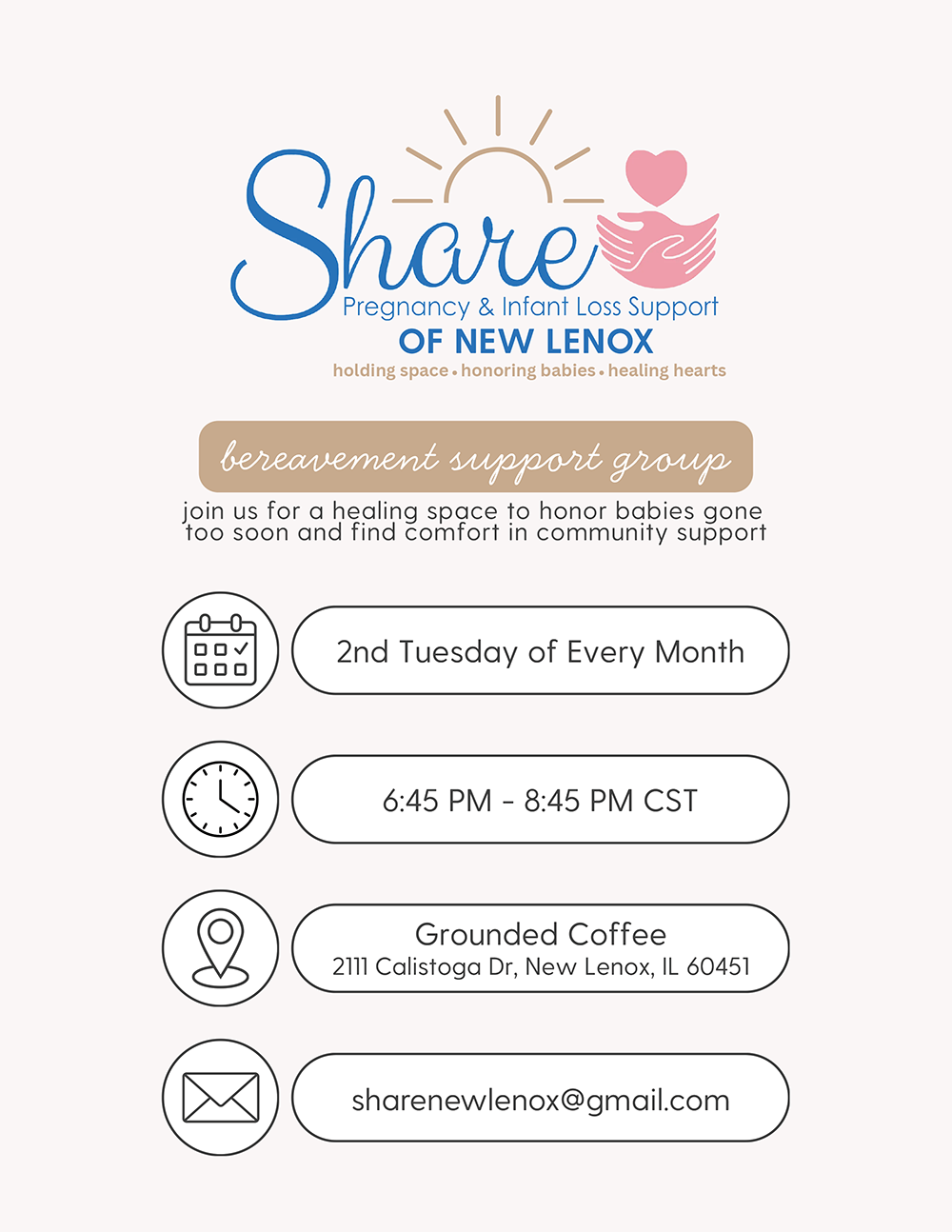What is Prenatal Genetic Screening?
Prenatal Genetic Screening gives parents-to-be information about whether their fetus has certain genetic disorders. It is strictly a personal choice whether to make the decision to have the screening.
What are Genetic Disorders?
A genetic disorder is caused by changes in a person’s genes or chromosomes. Aneuploidy is a condition in which there are missing or extra chromosomes.
In a trisomy, there is an extra chromosome.
In a monosomy, a chromosome is missing.
Inherited disorders are caused by changes in genes called mutations.
Sickle Cell Disease, Cystic Fibrosis, Tay-Sachs Disease, are a few of the many inherited disorders.
In most cases, both parents must carry the same gene to have an affected child.
When is Genetic Screening Done?
First-Trimester Screening
Blood draw done on pregnant woman, along with an ultrasound between 10-13 weeks of pregnancy
Ultrasound done for nuchal translucency which measures the thickness of a space at the back of the fetus’s neck. An abnormal measurement could indicate and increased risk of Down Syndrome and or physical defects of the heart, abdominal wall, and skeleton
Second-Trimester Screening
Blood draw on pregnant woman done between 15-22 weeks of pregnancy
Ultrasound done between 18-22 weeks of pregnancy will check for major physical defects in the brain and spine, facial features, abdomen, heart, and limbs
What do the results of these prenatal screening tests mean?
The results for blood screening for aneuploidy are reported as the “level of risk” that the disorder might be present.
A positive screening result, means that your fetus is at a higher risk of having the disorder compared with the general population. It does not mean that your fetus definitely has the disorder
A negative result means that your fetus is at lower risk of having the disorder compared with the general population. It does not rule out the possibility that your fetus has the disorder









